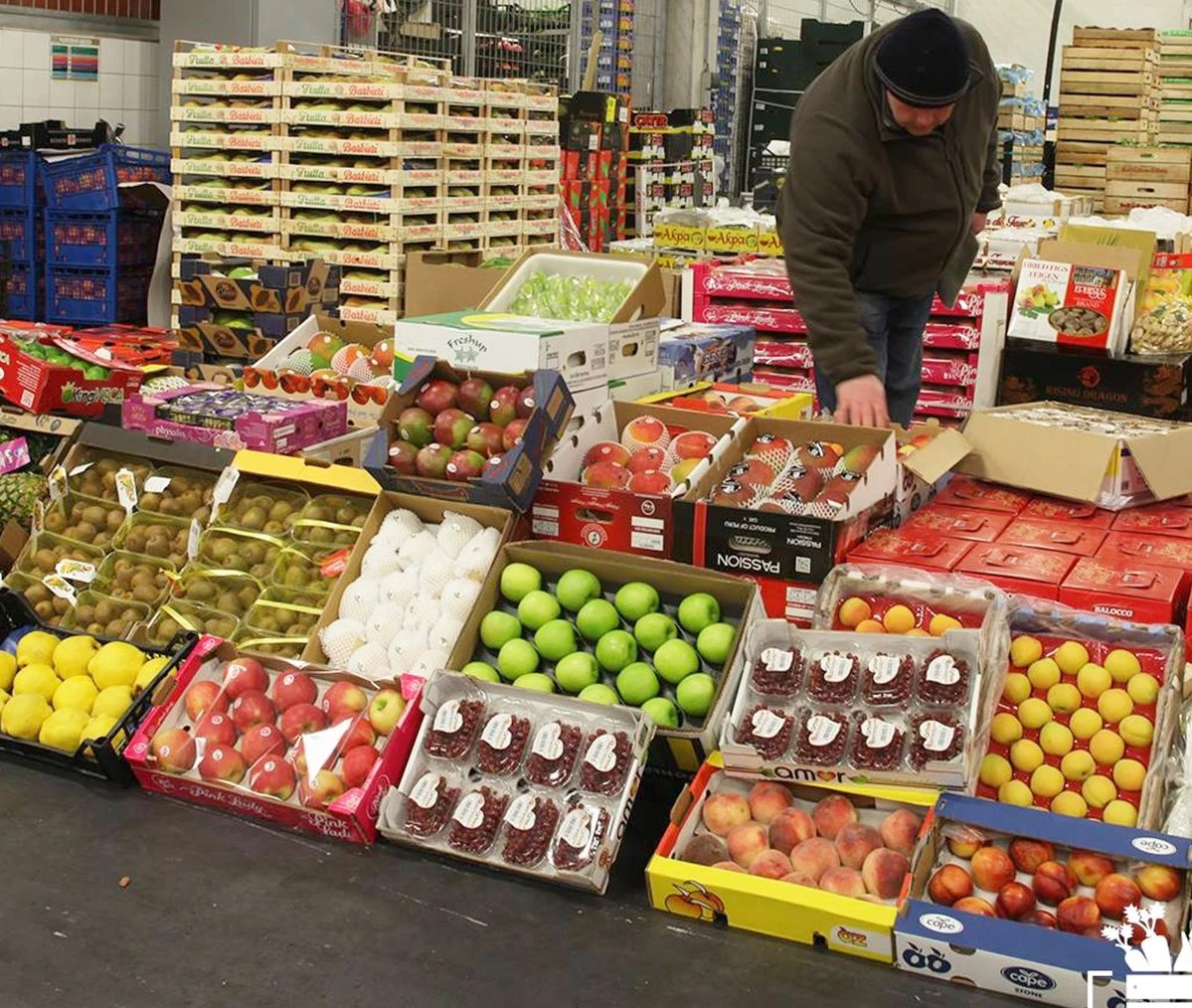Removal of food price caps expected in Hungary

Traders diverted the profits from price-capped products to other goods. This has caused the price of non-price-capped items to skyrocket. The removal of the price caps will be very painful for the public, as shops will not decrease their prices even after the price caps are removed.
László Parragh, President of the Hungarian Chamber of Commerce and Industry (MKIK), said in an interview with Index.hu that the time had come to plan for the removal of price caps. According to Index.hu, at the moment, this is a key economic policy task.
“The Hungarian economy has reached a turning point. Positive signs are already visible, even if not all companies are directly aware of this at the moment,”
the President of the Chamber of Commerce and Industry pointed out.
The necessary conditions for the removal of price caps are already beginning to emerge. These conditions include favourable inflation and the forint exchange rate, as well as economic growth and a decline in consumption. According to Pénzcenturm.hu, Parragh said that in the future the forint would strengthen further and inflation would peak in a month or two, so this year will prove to be easier than the previous one.
Worsening shortages
In December 2022, the Hungarian government published that they extended the price caps until 30 April 2023. Nearly all the price-capped products enjoy great popularity among consumers. The increased demand, however, causes shortages and results in empty supermarket shelves.
According to Péter Virovácz, senior analyst at ING, the price cap has become unsustainable. The government should make the decision to remove the price caps swiftly before they trigger even bigger problems.
In our earlier article, we analysed the complex issue and the possible effects of the removal of the price cap. In the harsh business environment, non-price-capped products, to which the deficits from the price cap have now been transferred, would not be cut back once the price cap is removed.
The price cap clearly has a market-distorting effect. Virovácz acknowledged that it had helped Hungarian families, but a shortage emerged. If the government removes the price caps, the re-inflation of products is expected to slightly boost inflation. However, this increase of around 0.2-0.3 percent will not compensate for the current deliberate price increases on other products.
Mariann Trippon, a senior analyst at CIB Bank, agreed that the price cap was market-wrenching and harmful. “On top of the deteriorating shortage phenomenon the long delays make things even more difficult, so I’m sure the government will remove it soon,” she said to Pénzcentrum.hu. There is now a likelihood of getting rid of the price cap since trade cannot sustain this situation for long. Consumers will only face further shortages if no change will occur.
“There is a realistic chance that we can say goodbye to the price caps shortly instead of April as originally announced.”
Anyway, Gergely Gulyás, the prime minister’s chief of staff said this Thursday that food price caps might be maintained as long as they did not generate shortages, adding that the government was planning to maintain that regime until April 30.
Socialists propose reducing VAT on basic foodstuffs
A gap of more than ten percent exists between the pension increase and inflation, and VAT on basic foodstuffs should be reduced to zero, a Socialist politician said on Friday. Official statistics show that the inflation rate based on the consumer basket of pensioners was 26.5 percent in December, Lajos Korozs, the party’s deputy leader, said at an event streamed on his Facebook page. Meanwhile, retirees are receiving a 15 percent pension increase, meaning that pensioners “will again be lending to the government for months”, he added.
More than 1.1 million pensioners live on monthly pensions of 80,000-160,000 forints (EUR 202-404), he said, calling on the government to reduce VAT on basic foodstuffs to zero percent and that on household energy to 5 percent.
Source: index.hu, pénzcentrum.hu


I still don’t understand why the VAT is so high in this sh!thole. Especially on basic stuff like Electricity, Water, food….
Let us do the arithmetic. Inflation is at about 25%, but Hungary and in particular Hungarian products, have increased over 200%. These prices will never come down, but it makes more sense to buy French or Italian products because they are cheaper than local products (like Bravo coffee, Magyar butter and milk etc). What about this difference in local versus “imported”? Unless the food dependent industries stand up to this, they too will suffer.
Exploitation, Greed and Selfishness.
Hungarians we have been FAILED by this Orban Government, in numerous ways, keeping NEEDED food stuff, for Hungarian families to costs that were AFFORDABLE, and NOT to see vastness of food types – caught in the EXPLOSIVE surge on the up-side in cost to us Hungarians – that we continue through the sickness of state position of the Hungarian Economy BATTLE with – affording vastness of food requirements.
Orban has benefited, his Government, the Oligarchs – in just totally SUPPORTING – what continues to be – of us, the millions of “battling” Hungarians – by the process of – Exploitation, Selfishness and Greed.